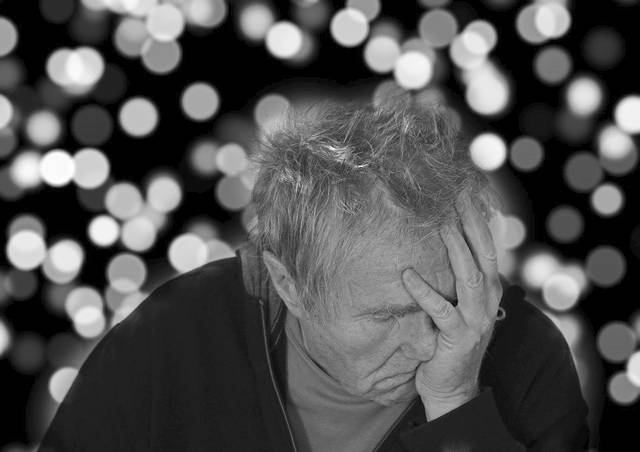https://naviga.triblive.com/opinion/jennifer-christman-technology-mental-health-in-rural-america/
Jennifer Christman: Technology & mental health in rural America

According to the Centers for Disease Control and Prevention, 1 in 5 Americans will experience mental health issues in any given year.
But imagine living in a rural community, where the nearest doctors are located an hour’s drive away, or worse, there aren’t specialized health care professionals in the area at all.
For 30% of our population, this is a reality.
118 million. That’s how many Americans are living in mental health professional shortage areas, according to data from Health Resources and Services Administration (HRSA). In fact, 65% of non-metropolitan counties don’t have a psychiatrist, and 47% don’t have a psychologist. Specialty care programs are even harder to come by.
To solve the shortage, HRSA estimates nearly 7,000 new mental health professionals are required to meet the needs of this massively underserved population. Unfortunately, the nature of living in a rural community and the challenges that come with it — such as availability of well-paying jobs, transportation, health care and affordable housing — make it hard for recruiting and retention efforts.
As president of the National Association for Rural Mental Health, I advocate for those who need our help, and I can say that hiring mental health professionals is only the first step in helping people with mental health issues. We must also tackle changing the dangerous mindset about mental health. While the topic is widely conversed and more commonly accepted in bigger cities, the opposite remains true in small towns.
Wake Forest School of Medicine conducted a study that found older people living in rural communities have strongly negative opinions about asking for professional help, creating a social stigma. Many participants had the belief that they “should not need help,” while others simply said they don’t feel comfortable sharing their private matters with strangers, leading to a distrust of health care professionals.
This is a spiraling problem that needs to be addressed. Without access to help, experts have found that drug abuse, addiction and suicide are more commonly found in rural America than in other parts of the country.
The answer may lie in technology — more specifically, telehealth and telepsychological services (often referred to as telemental health). By utilizing everyday communication channels such as text, phone, Skype, online messaging platforms, email and virtual options, medical professionals can now provide care to those who aren’t so easy to reach. And it’s easy to implement.
These modern-day care services help doctors teleport virtually so they can easily and conveniently bring care directly to the patient in the privacy of their own home. Telehealth has changed medicine because it makes health care accessible and cost-effective. More so for mental health patients in rural America, it eliminates transportation and the fear of being seen in public at a doctor’s office.
My company, Three Wire Systems, has conducted more than 750,000 holistic care coordination sessions, averaging 850 emails and SMS messages per month between clients and coaches. We have learned that accessibility and data are key. Our care coordinators run on a 24/7/365 schedule.
By implementing a technological approach to health and wellness coaching, we can increase resiliency and save lives, no matter where these patients live.
Copyright ©2026— Trib Total Media, LLC (TribLIVE.com)
